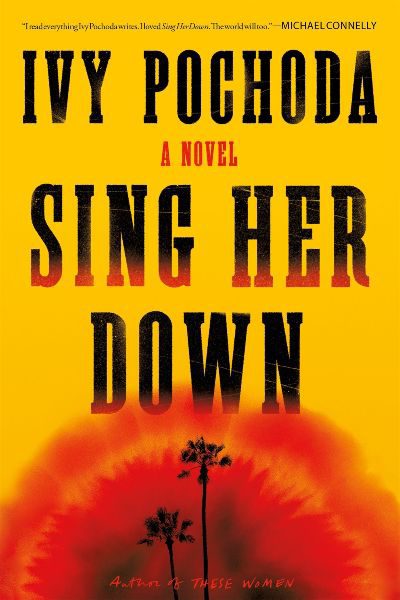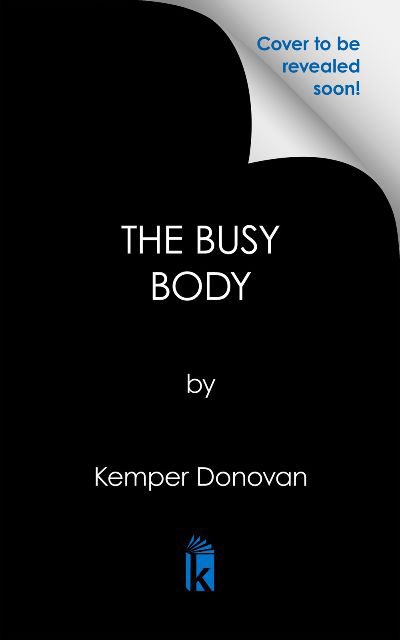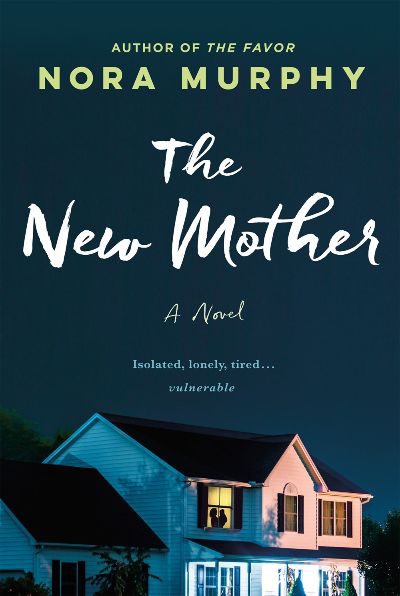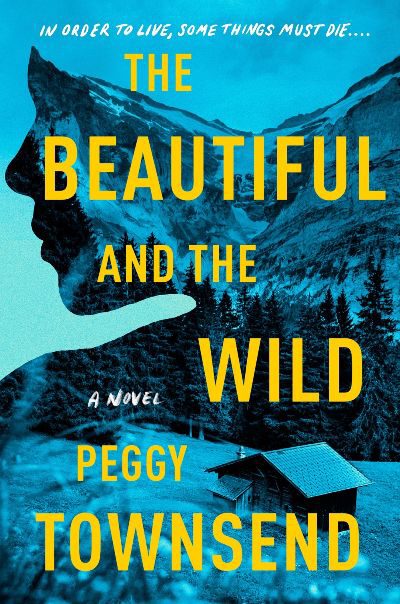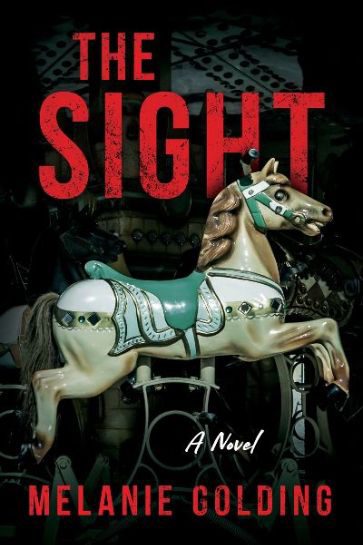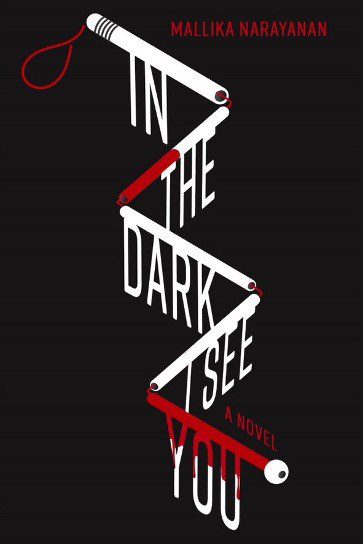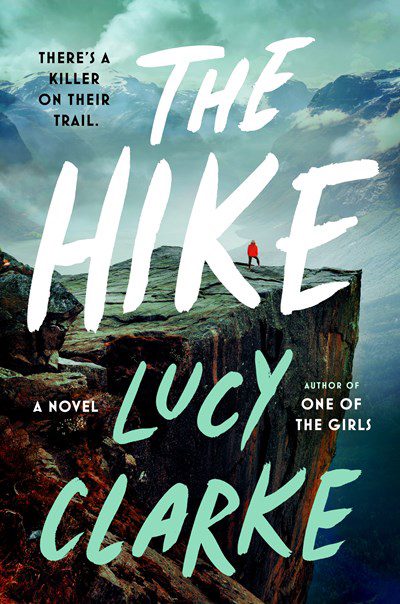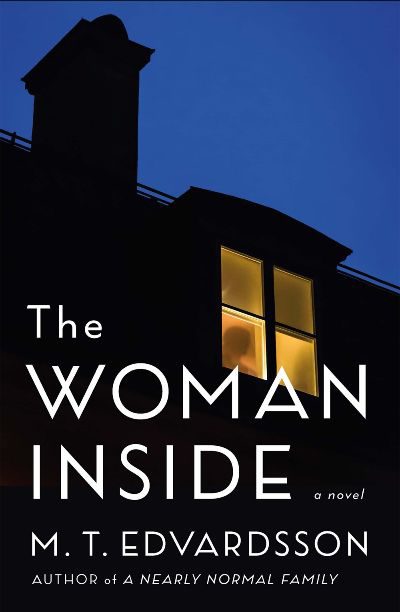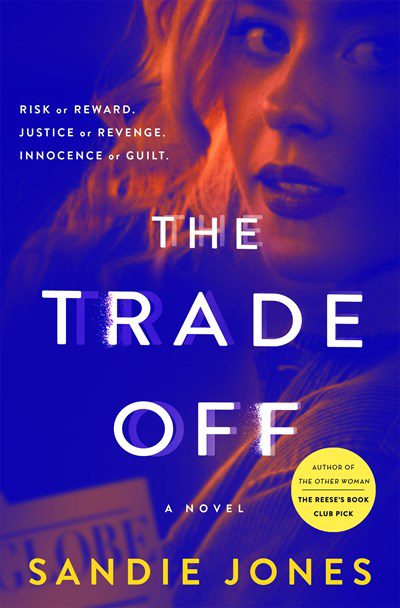“Kill someone and she becomes part of you…Take her life and where do you put it?” Trying to rid yourself of your victim’s voice is “A rubber band you can never snap.” The women doing time in an Arizona prison in Pochoda’s latest, including our downtrodden hero, Florida, are firmly stuck, mentally and physically. Until COVID hits and some are released to allow for social distancing. Florida was due for release soon anyway, and the early liberty doesn’t seem much like a gift when she’s stuck in Arizona with no way to get home to Los Angeles. Life’s been cruel to Florida (real name: Florence, but prison nicknames stick), and the first setback—the Department of Corrections forgetting to feed her when she’s enduring quarantine in a dead-end motel—sets her on the road, fleeing parole restrictions. On the bus to freedom, she runs into her nemesis Dios, another former inmate, and the Orange is the New Black comparisons start to stack up, with former rich-kid Florida taking Piper’s role and Dios Red’s. But this transporting tale is much more a coming-of-age saga than an OITNB spinoff. With Officer Lobos—Florida’s doppelganger in haplessness and hard luck—on her tail, can Florida outgrow her prison persona and find freedom?
Thrillers
Sometimes it’s the setting that grabs you. Often it’s the plot. But here it is two fabulous characters who come together and through sharp dialogue create a story that both cozy and traditional-mystery readers will love. Former Senator Dorothy Gibson—pant-suit loving, wise-cracking, and wine-imbibing—has just weeks ago lost a run for the presidency to that man, and she’s retired to her northern White House on the Maine coast to lick her wounds and begin work on her memoirs. Her ghostwriter, new on the job, is summoned to Maine; Dorothy’s not one to sit idle. It’s quite a fun hothouse with Dorothy’s gay son hanging around, a ten-out-of-ten bodyguard lurking in the corridor, a Huma Abedin clone who tries to keep everyone on track—and the ghostwriter describing it all in delicious detail. All’s well until there’s a death at a neighboring estate and Dorothy and the ghostwriter, refusing to believe it’s an accident, quickly launch their own investigation. The denouement is quite wordy, but full of the requisite number of surprises. The idea of a ghostwriter as the narrator, who pairs up with different celebrities to solve crimes, is a darn good one.
Having a new baby is hard for anyone, but for lawyer Natalie the daily grind of keeping up with baby Oliver while her husband goes to work seems like both thankless drudgery and the most important job in the world, one at which she’s failing miserably. All Oliver wants to do is nurse, leaving Natalie little time to sleep, and when she does collapse into bed, she lies awake fretting about her failures. So when Paul, a kindly neighbor and a stay-at-home dad, slowly gains her trust and seems to be the only one who understands—Oliver even likes him!—Natalie is quickly drawn into his care. Erin, his wife, a stern, perfect woman whom he has come to loathe, is not a fan of Natalie. The young woman’s presence, and her growing relationship with Paul, brings back painful, humiliating memories for Erin, including his transgression with the woman who lived in Natalie’s house before, whose family, readers learn, moved in an odd hurry. The hormonal, messy, and puzzling time warp of the first months of life with a new baby are the perfect backdrop for a psychological thriller, and this one will keep parents especially rapt. While you wait for it, try Murphy’s The Favor, another absorbing domestic drama.
Liv is imprisoned in a rusting shipping container in rural Alaska, her captor her ex-husband, whom she’s tracked down after he faked his death and ran from their marriage and disabled son. He’s now living with a new partner in a proto-cult based on the writings of a guru who espouses pleasure above all else and is happy to philosophize endlessly while harsh conditions threaten his family. Over time, as Liv gains entry to Mark’s house and to some of his more sordid secrets, she plots her escape, one that it seems impossible being phone- and car-less as she is. Townsend takes us on a tense ride through family and cult dynamics, along the way treating us to a memorable look at female and parental resilience; the up-close look at a narcissistic patriarch who’s setting himself up to fail is a bonus. For fans of wilderness thrillers such as Karen Dionne’s The Marsh King’s Daughter.
Faith Harrington’s mother is dying. It’s no surprise to Faith, who can see others’ deaths when she looks in their eyes, though she can only guess at the timing of the demise. This ability revealed itself when Faith was a child and she saw her brother’s drowning ahead of time, an event that left the members of her family’s circus thinking that the girl, like her grandmother who had even more such powers, was cursed. Since then, Faith’s been pushed to the periphery of her family’s traveling and performances. But when she enters the big tent and accidentally sees a performer collapse, and reassures his daughter that she’s seen his death and it’s when he looks much older, it’s the beginning of chaos and danger surrounding the strange talent. The question of whether fate can be changed will linger with readers after this thoughtful, atmospheric book that features a startling twist at the end. Remember Erin Morgenstern’s The Night Circus? This is for fans of that who are ready for something darker, as well as readers who like to learn about intriguing subcultures.
Neighbors, amirite? Audrey has some of the worst: Bob, who won’t stop dropping in unannounced, and, worse again, Sarah, a new mom who expects Audrey to babysit regularly for free. Adding to her stress is that the neighbors are going through a spate of frightening break-ins, with odd things of only sentimental value targeted by the thief. What only Audrey and readers know is that a different kind of crime might be going on, as Audrey, who is blind, uses her considerable hacking skills, and her hacker comrades, to spy on Sarah. Her activities become suspect when she finds Sarah murdered in her home and is hauled in for questioning as the last known person to visit the murdered woman. This is Narayanan’s debut thriller, and her background in short-story writing serves her well, as the scenes here are structured as neat packages that leave readers wanting more. The author herself is not blind, but used a consultant reader who is, and the protagonist’s disability is thankfully more a fact of her life than a plot device. Readers who enjoy tension and twists are the audience for this Alice LaPlante readalike.
A near-perfect novel of utopia-gone-wrong. Liz and her three female friends take a vacation together every year, typically somewhere with plenty of sun and a good bartender. But this year it’s Liz’s turn to pick, and needing a radical reset, she decides they’ll go mountain climbing in the gorgeous wilds of Norway. Gorgeous, but deadly. And—as the locals point out, not a climb for the inexperienced—which is all of them. Here’s a bit of what could go wrong: creepy, predatory males spying on them; killer storms; mud slides; loss of all provisions; no cell phone reception; and interference from a drug cartel. In addition, each woman manages to screw things up in her own way, like losing the trail or spraining an ankle, regularly setting them at one another’s throats. The novel builds slowly, we get plenty of insight into each woman’s personal life and the baggage she hopes to leave on the mountain, while the suspense blossoms beautifully. Richly atmospheric, well-plotted, with plenty of insight into female friendship, this should appeal to fans of Lisa Unger and Claire Douglas.
Two couples—Lucy and Adam, Cora and Scott—are the best of friends. It helps that, with the exception of Lucy, they were flatmates as far back as university. They’re in and out of one another’s houses, share care for the children, and have even purchased a beach house together, spending the weekends collectively renovating it. So when Lucy is at a work party and a colleague shares photos of her honeymoon in the Maldives, she’s shocked to see Scott in one of the photos, clearly with another woman. What is going on? Adam tells her to drop it—who knows what she really saw in the photo?—but Lucy is like a dog with a bone. Her investigation of Scott’s life opens up layers of deceit, causing Adam, and then Scott, to launch an aggressive campaign to gaslight her. Eventually Lucy realizes that she isn’t crazy but that everyone in her life knows far more about Scott, and the mystery woman in the photograph, than she does. For readers who love domestic suspense that doesn’t shy away from well-developed characters; large, complex plots; and plenty of dialogue. For fans of Lisa Unger and Rachel Hawkins.
“Before I got this job,” says Jennica Jungstedt, “I had no idea how far people are willing to stretch the limits of their values,” neatly summing up the theme of this Swedish psychological drama. Jennica is a psychic-hotline operator, but really more of a therapist for those who call; she’s also dating a much-older professor, Steven Rytter. He seems almost too good to be true when they get together after meeting on an online-dating site. “Don’t want to jinx it,” she tells her friends, “but right now it’s going pretty fucking great.” Not so great is that Steven has a wife, Regina, who’s been struck down by the mysterious after-affects of a virus He also forbids his house cleaner, Karla, the only outside contact Regina has, from talking to the sick woman. Karla, meanwhile, has a new space as a lodger in a home that’s equally dysfunctional: she lives with a recent widower who might soon lose his home as he’s unemployed and the bills are mounting. There are lots of characters here, each with a distinct personality and a unique way of adding to the spiraling chaos. Starring two young women, Jennica and Karla, this book is both lighter than many of the Scandi noir titles of recent years and more devastating in portraying the characters’ slow, then all too rapid, descent into murder. A must read.
Do you look at Britain’s sleazy, salacious and exploitative tabloid culture and wonder: how do they get away with this? If so, this is the book for you. Set in the fictitious The Daily Voice, “the country’s top-selling newspaper”–it’s a whole lot like the real Daily Mail– the narrative alternates between tough-as-nails Stella, just a step away from being editor in chief, and newbie Jess, in from the country with, of all things, ideals. The “trade off” refers to the practice of exchanging one thing, say photographs of a naked leading man being led about on a dog leash, for what the tabloid really wants: a front page interview with him about his failed marriage. When this sort of celebrity manipulation goes awry–the beloved winner of a cooking show is hounded until she kills herself–Stella miraculously finds her much-dented moral compass and reluctantly pairs up with Jess. Inspired by #metoo, the two manage to dismantle the toxic misogyny and sexual harassment that’s at the center of The Daily Voice. Both characters have wonderful voices, and when you’re not cringing in horror you’ll be laughing aloud.

